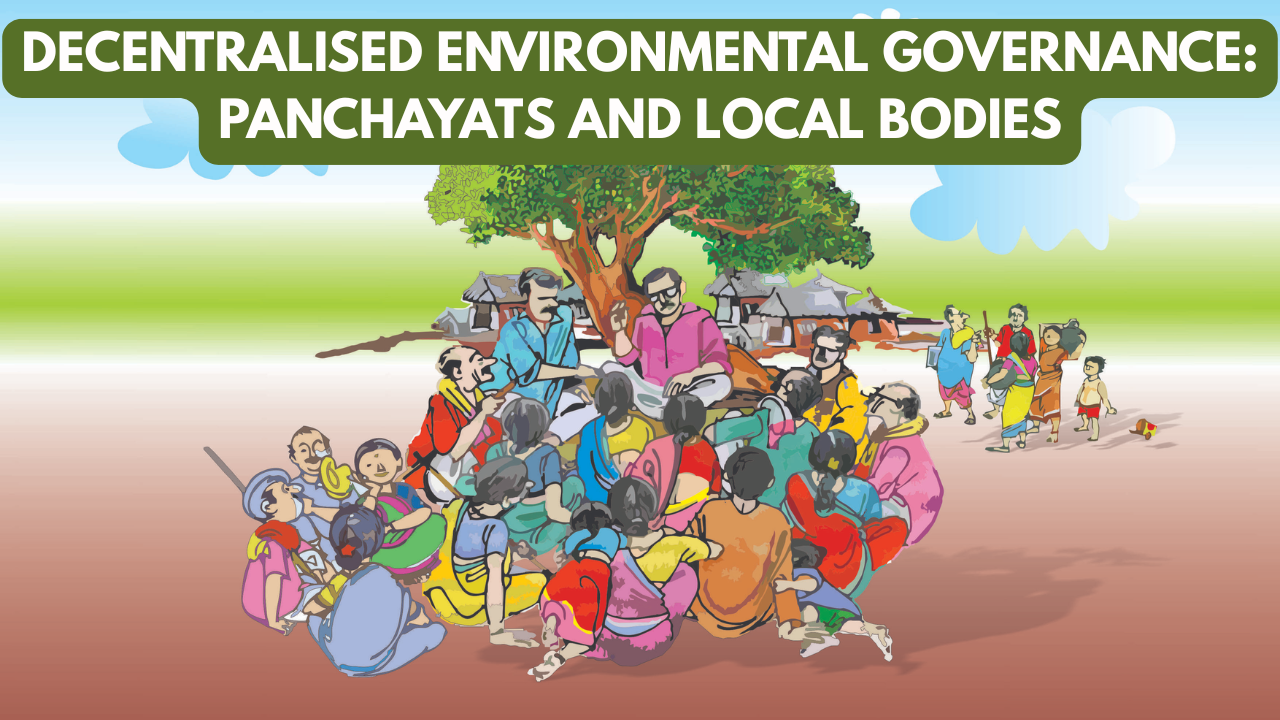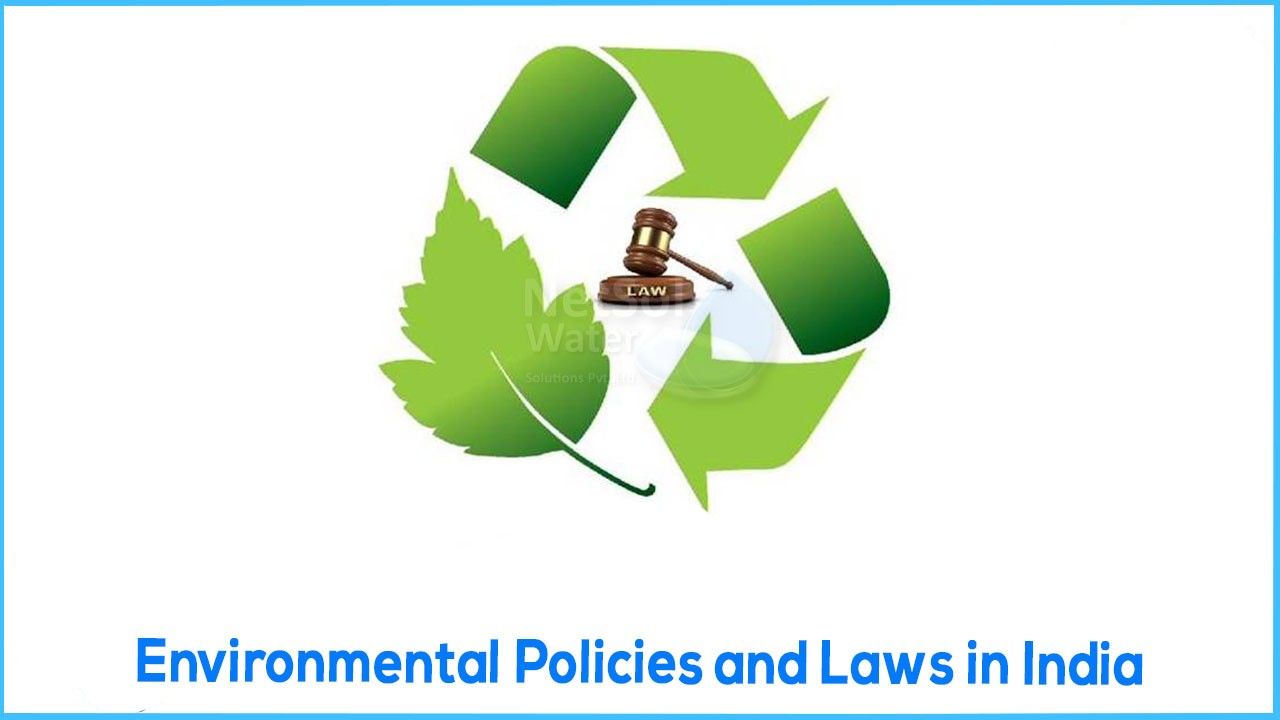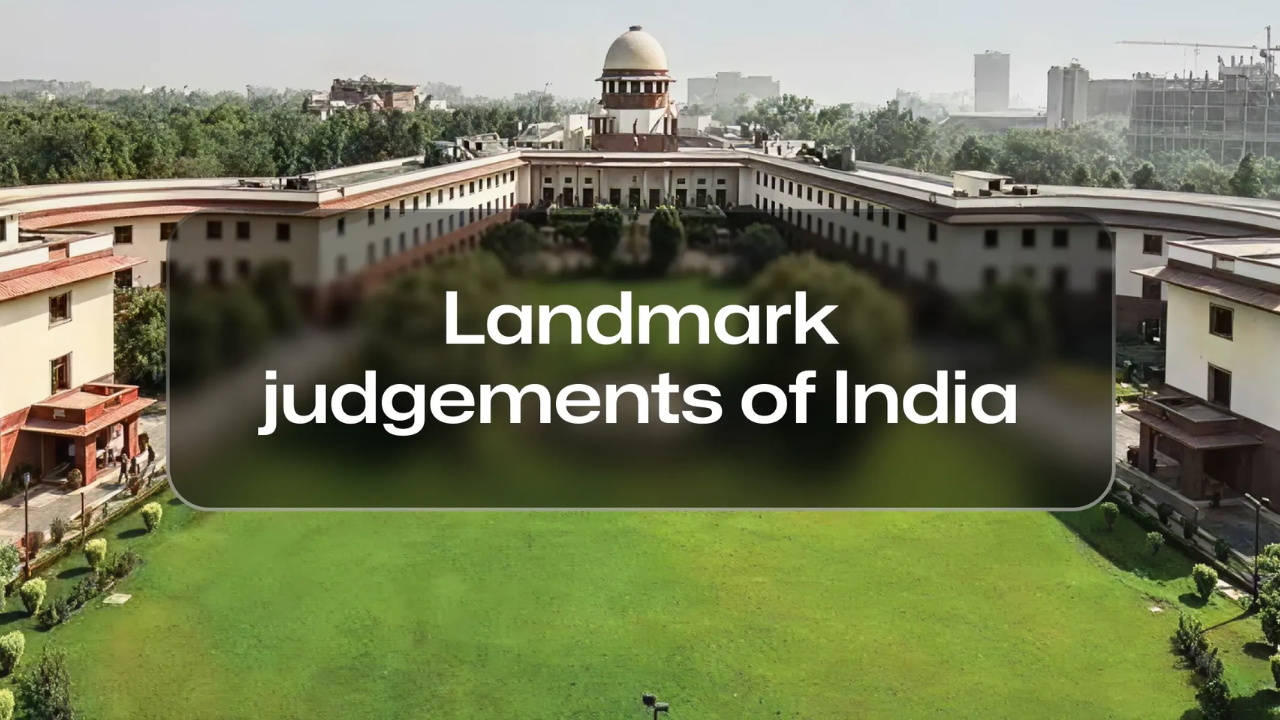Environmental Federalism: Centre–State Powers and Conflicts
Environmental governance in India operates within a federal structure, where both the Centre and the States share responsibilities. The Constitution of India places environment-related subjects across the Union List, State List, and Concurrent List, creating an overlapping jurisdiction. While this distribution allows for cooperative governance, it often leads to tensions between the Centre and the … Read more










